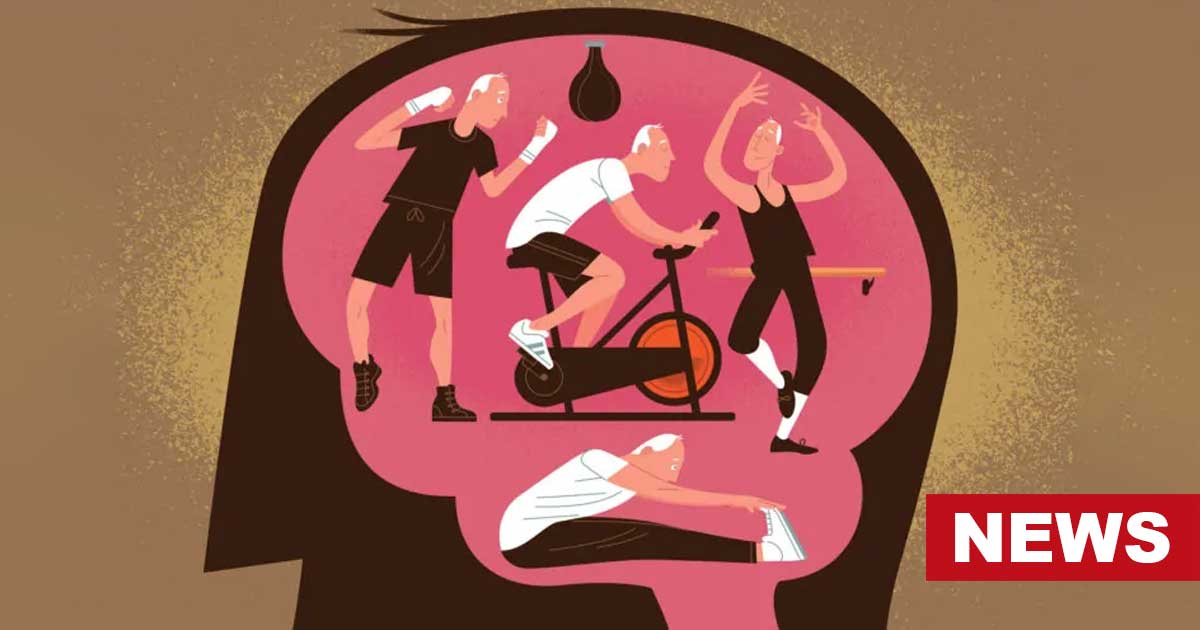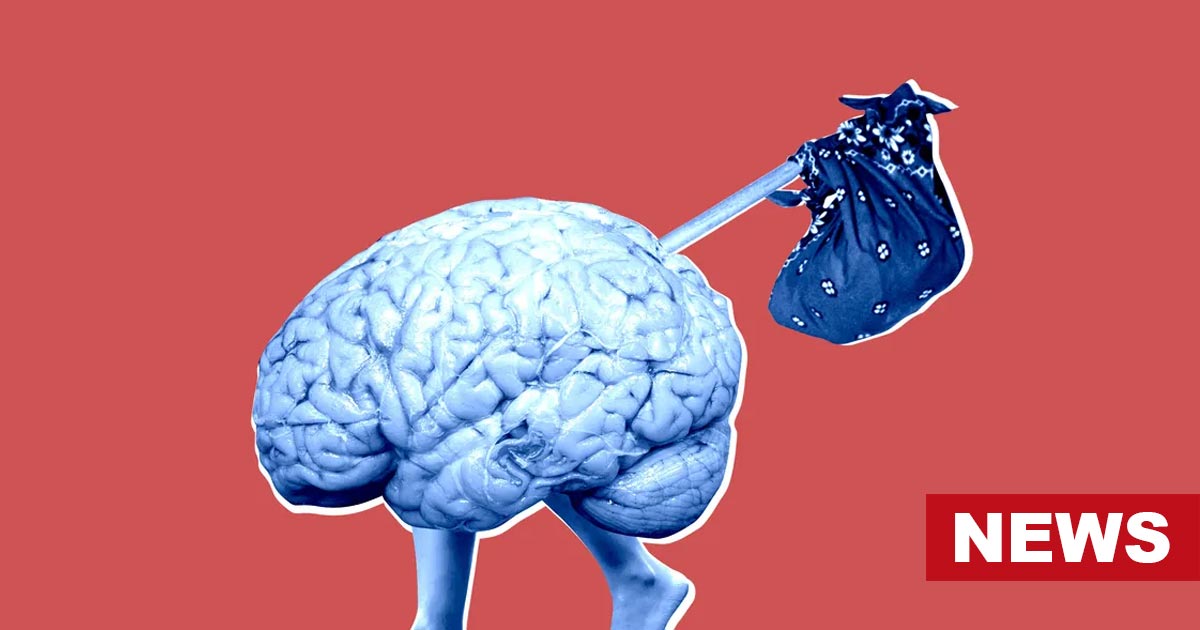In a groundbreaking development, a pioneering therapy called transcranial magnetic stimulation (TMS) has emerged as a game-changer in the treatment of major depression.
Backed by years of extensive research and FDA approval, TMS offers hope to patients who have found little relief from traditional antidepressant medications.
TMS is a noninvasive procedure that utilizes magnetic pulses to stimulate nerve cells in the brain region responsible for mood regulation and depression.
A recent study conducted by UCLA Health has shed light on the efficacy of a specific type of TMS—repetitive transcranial magnetic stimulation (rTMS)—even for individuals who have not responded to multiple courses of antidepressant drugs.
Dr. Michael Leuchter, from the Semel Institute for Neuroscience and Human Behavior at UCLA, expressed enthusiasm about the rapid and substantial improvement observed in patients undergoing rTMS therapy.
“What’s most exciting to see is that these patients generally start reporting improvement within a week of starting treatment,” Dr. Leuchter stated in a news release.
Understanding Transcranial Magnetic Stimulation (TMS)
TMS, introduced in 1985, involves the use of a magnetic coil or paddle to generate powerful magnetic fields that alter the brain’s electrical activity.
This noninvasive approach stimulates brain regions believed to have decreased activity during depression, offering hope to those resistant to conventional treatments.
While the exact mechanism behind transcranial magnetic stimulation remains unclear, medical experts speculate that it triggers dormant brain regions associated with depression, as explained by the Mayo Clinic.
The procedure, performed without surgery, injections, or anesthesia, is generally painless, though patients may experience discomfort due to the magnetic coil or tapping sounds during the session.
The Impact of TMS on Depression
Since its FDA approval in 2008, transcranial magnetic stimulation has emerged as a promising treatment for major depressive disorder, particularly when other interventions such as antidepressants have fallen short.
Moreover, the FDA has sanctioned TMS for conditions beyond depression, including obsessive-compulsive disorder (OCD), migraines, and smoking cessation.
The versatility of transcranial magnetic stimulation extends to addressing various health concerns, including drug and alcohol addiction, Alzheimer’s disease, eating disorders, Parkinson’s disease, PTSD, schizophrenia, and stroke-related complications.
Michele Pagano, a Connecticut resident, shared her transformative experience with TMS, expressing overwhelming joy after months of depression.
“I’ve been able to reprogram myself in less than six months after living in depression, anxiety, and sadness for over 20 years,” Pagano revealed, crediting the procedure for her newfound happiness.
Unveiling the Success of rTMS Therapy
The recent UCLA study focused on analyzing outcomes from hundreds of patients treated with rTMS therapy at UCLA Health between 2009 and 2022.
Most patients underwent 20- to 30-minute treatment sessions five days a week for six to eight weeks.
Published in Psychiatry Research, the study reported remarkable findings, revealing that 54% of patients experienced a minimum of 50% improvement in their depression symptoms.
Dr. Leuchter emphasized UCLA’s unique “precision TMS” model, where patients had regular psychiatrist consultations during treatment sessions, enabling weekly symptom measurement.
“Precision TMS” at UCLA has brought renewed hope to those grappling with depression, providing a personalized approach to therapy and yielding significant improvements in a relatively short period.
In conclusion, the advent of transcranial magnetic stimulation, particularly repetitive transcranial magnetic stimulation, as a potent treatment for depression marks a significant stride in mental health care.
UCLA’s recent study underlines the tangible benefits of this noninvasive therapy, offering new avenues of hope for individuals battling persistent depression.
As this innovative treatment continues to demonstrate its effectiveness, researchers and medical professionals are hopeful that transcranial magnetic stimulation will continue to transform the landscape of mental health interventions, providing relief to those who have long struggled to find solace through conventional methods.




























